Biological Aspects of Erectile Dysfunction
1h 32m
Dimitris Hatzichristou
Professor of Urology
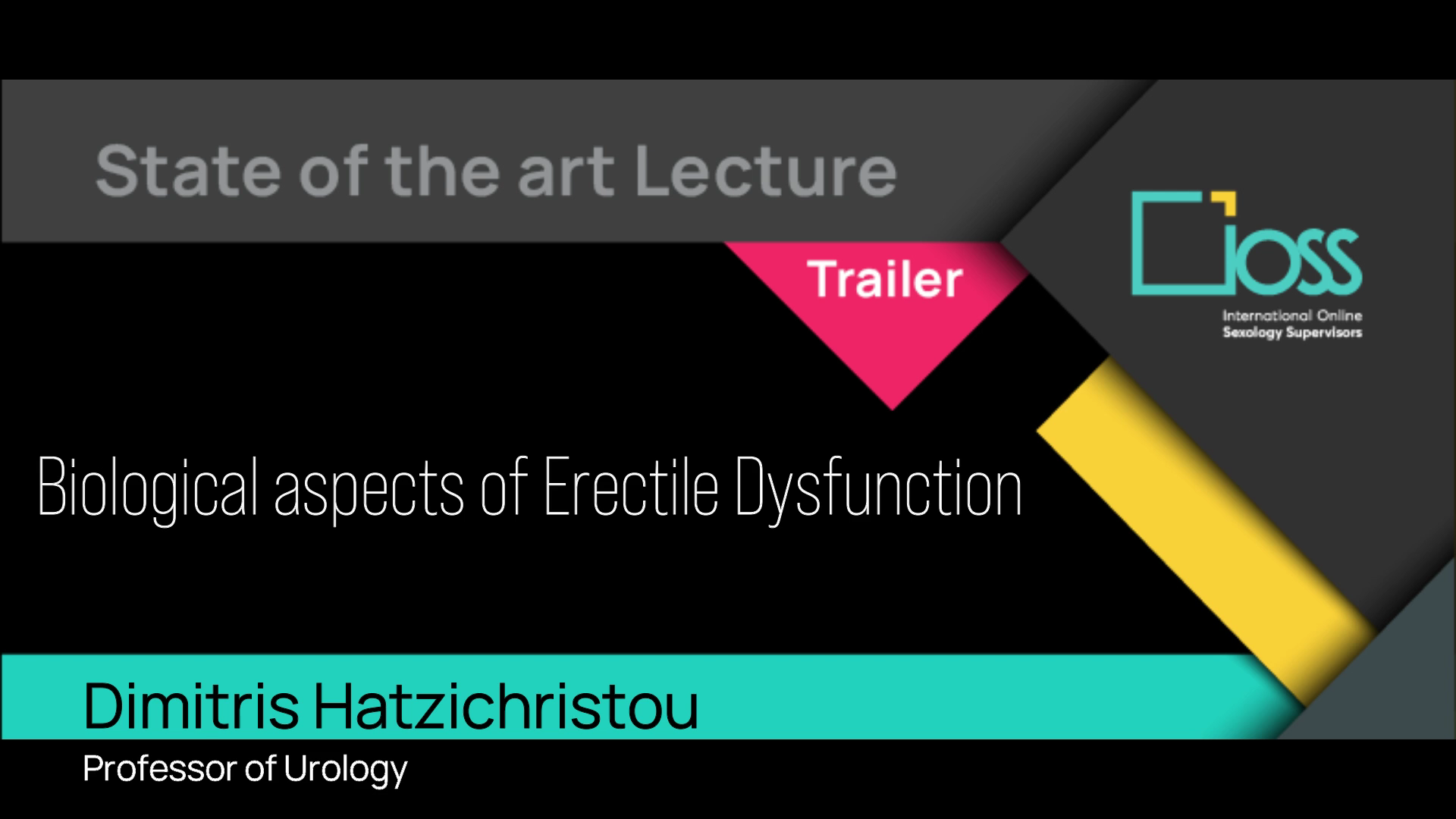 Trailer
Trailer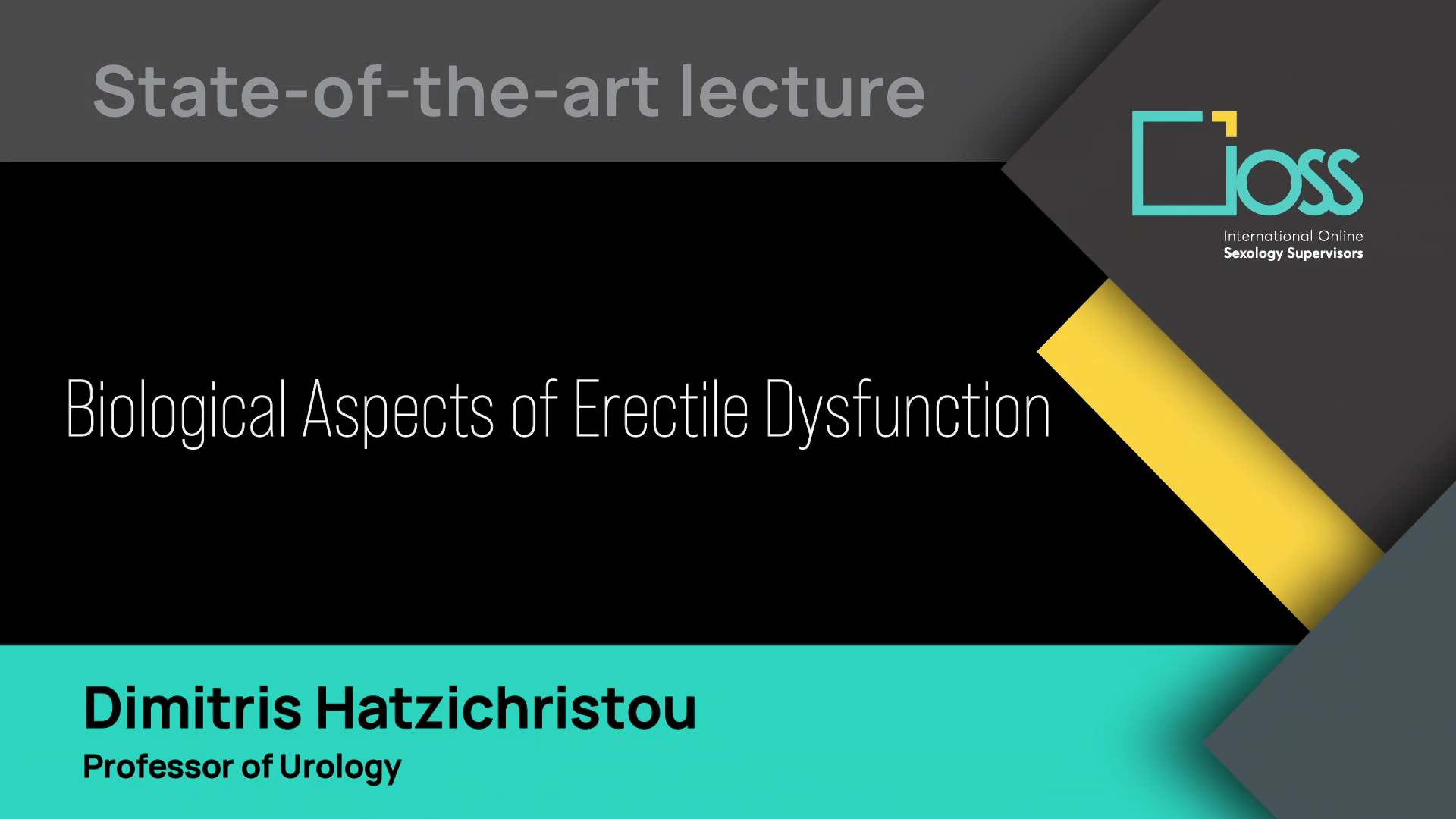 Get AccessFull Video
Get AccessFull VideoContent and aim: Sexologists are usually not adequately equipped to understand the biological mechanism of erectile function and dysfunction. This may be an obstacle in a) using the sexual history to identify the possible contributing role of biological factors, b) understanding the clinical presentation of erectile dysfunction with various organic etiologies, and c) understanding how psychological factors contribute to the mechanism of the erection. Sexologists are required to be knowledgeable of the biological mechanisms that are involved in erectile function and dysfunction in order to provide care that is based on the bio-psychosocial approach. A lack of such understanding may lead to a fragmented view of the sexual function, as well as an underestimation of the continuous interplay between psychogenic and biological factors.
Learning Objectives:
- Have an understanding of common biological factors associated with ED in young and older patients.
- Get an understanding of hormonal, vascular and anatomical problems that are associated with ED.
- Understand the key questions within the sexual history that can indicate the presence or absence of pathophysiology.
- Know the available medications for erectile dysfunction and relevant data related to their use and efficacy.
- Be familiar with all biological therapeutic options: shock wave therapy, penile prosthesis etc.
Produced in 2020
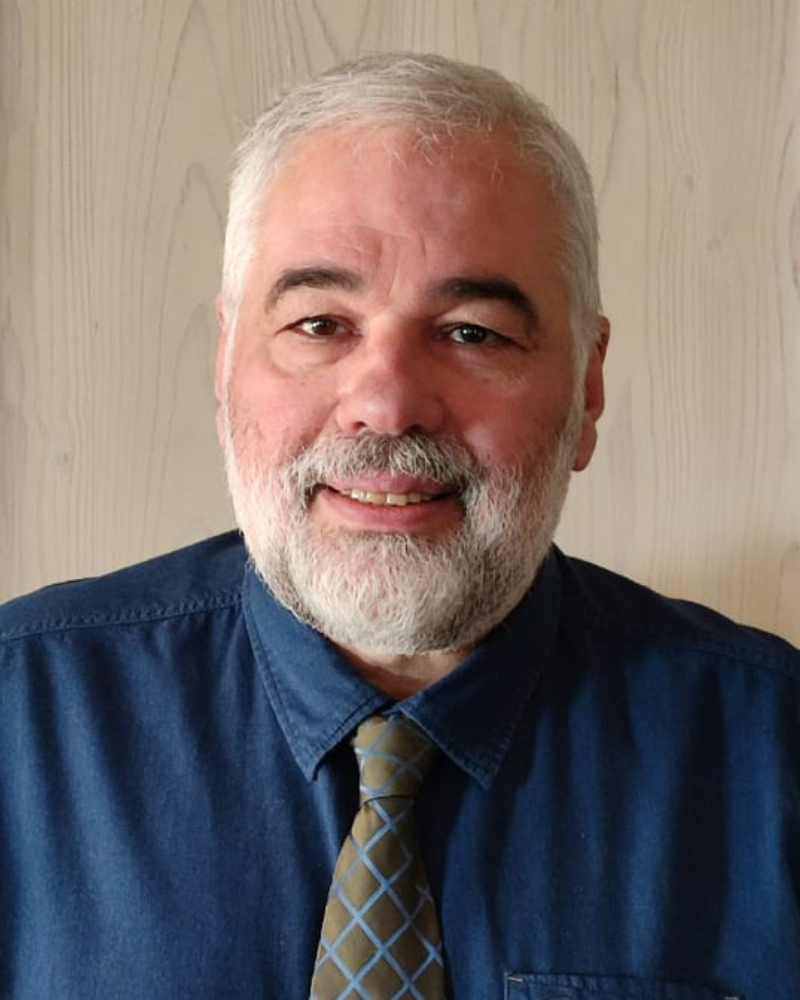
Dimitris Hatzichristou
Professor of Urology
Lecturer
Dimitris Hatzichristou, MD, Ph.D., FECSM, is a Professor of Urology at Aristotle University of Thessaloniki, Greece. He is also President of the Institute for the Study of Urological Diseases (ISUD), a nonprofit organization dedicated to education and awareness of Urological conditions.
He received his MD and Ph.D. degrees and completed his training in Urology at Aristotle University in Thessaloniki, Greece. Then, he completed a 2-year fellowship in Andrology at Boston University, Boston, USA, and then he worked as visiting scholar (prostate diseases) for a year at Stanford University, California, USA. Prof. Hatzichristou organized and chaired the foundation meeting of the European Society for Sexual Medicine in 1995 and served as Secretary General (1995-97), President-Elect (1999-2001), and President (2001-2004) of ESSM. He has also been a faculty member of the European School of Urology (ESU), a founding member of the European Society of Andrological Urology (ESAU), a member of the Executive Committee of the International Society for Sexual Medicine (ISSM), the EAU Committee for the guidelines on erectile dysfunction (2004-2014) and co-chairman of the Committee on “Diagnostics and Scales in Sexual Medicine” of the International Consultation in Sexual Medicine since 2004. Prof Hatzichristou has served as Review and Educational Editor for the Journal of Sexual Medicine and the Journal for Impotence Research, as an Editorial board member for Urologia Internationalis and the Journal for Sexual and Reproductive Medicine, and reviewer in major scientific journals, including European Urology, Journal of Urology, International British Journal of Urology. He has been invited speaker at more than 250 international meetings and teaching courses worldwide. He has authored 25 book chapters in international books and more than 120 review and peer-review papers with more than 15000 citations (h-factor=51).

